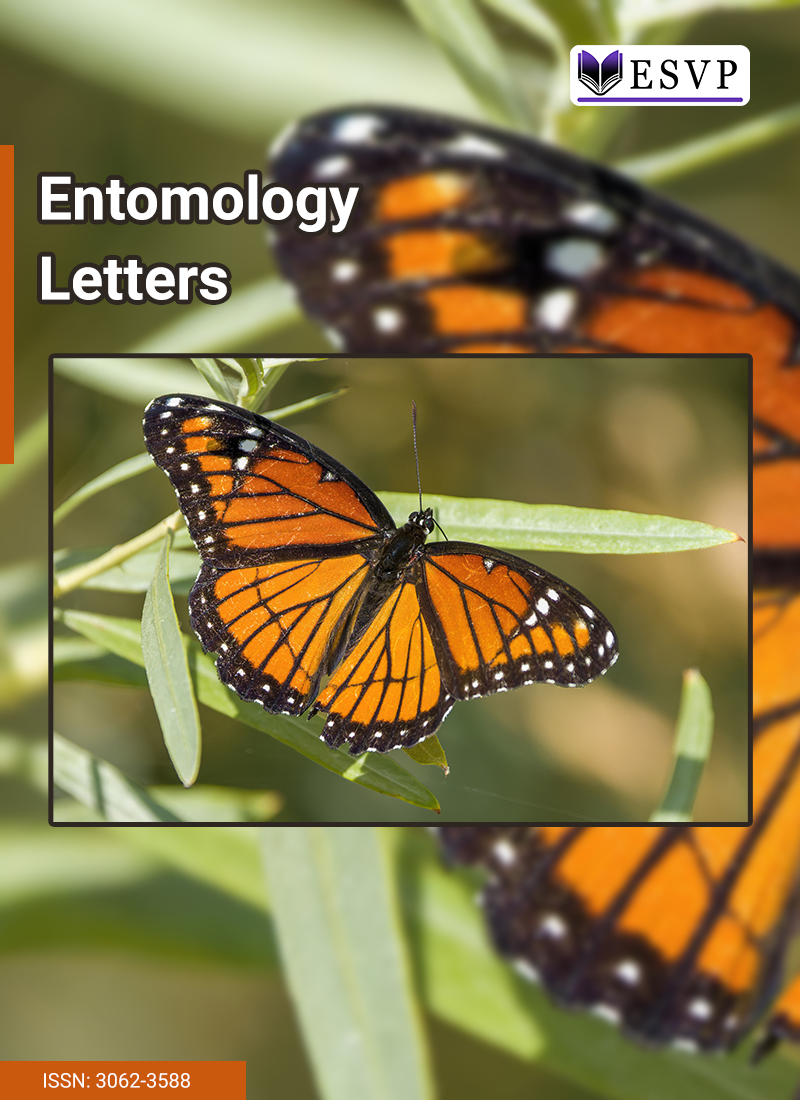
Over the past decade, Zimbabwe produced about a quarter of the national soya bean requirements, with the remainder being met by imports from neighboring countries such as South Africa, Malawi, and Zambia. This research investigates the potential of Tenebrio molitor larvae, or mealworms, as a sustainable protein source for animal feed. The study investigates the optimal breeding conditions for mealworms in Zimbabwe, focusing on factors such as feed composition, temperature, air circulation, relative humidity, and light preference. Particular emphasis was placed on the survival rate, development rate, and growth performance of the mealworms. To assess the effect of feed composition on growth, the mealworms were divided into 5 groups of 10 g each, each exposed to different dietary conditions. Once the optimal feed was identified, the effects of various environmental factors, including temperature, oxygen, humidity, and light, were tested. Data on mortality rates, average length, average weight, and the number of mealworms that transitioned to the pupal stage were recorded weekly for each group. The results showed that the best feed consisted of carrots and wheat bran, with mealworms achieving an average weight of 117 mg and a length of 33 mm. The development rate was 64%, and the survival rate was 98%. Overall, mealworms showed effective growth, high survival, and a good development rate when fed carrots and wheat bran, maintained at 28 °C and 80% humidity, with no light exposure but adequate air circulation.